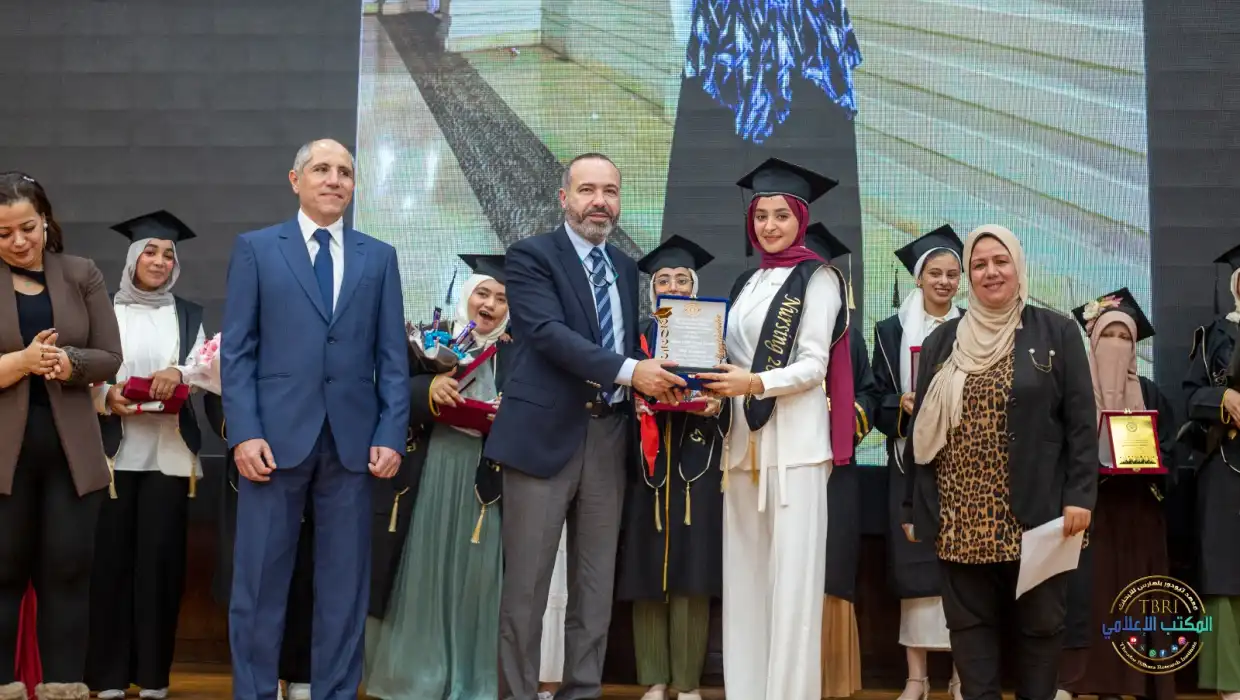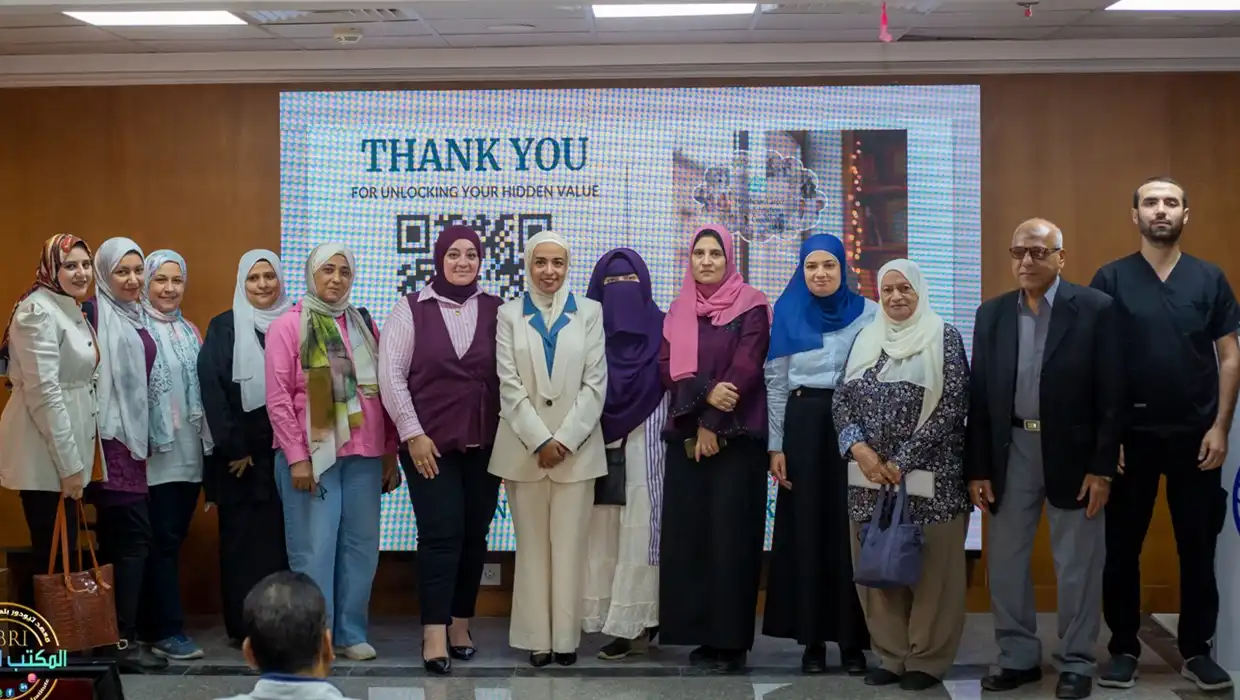Theodor Bilharz Research Institute Enhances Medication Safety Systems and Warns Against Medical Errors in an Expanded Scientific Event
As part of its national role in improving the quality of healthcare and promoting a culture of medication safety across medical institutions, Theodor Bilharz Research Institute organized a specialized scientific event addressing one of the most important pillars of patient protection: medication safety. This initiative reflects the Institute’s commitment to enhancing the competencies of healthcare providers and raising awareness among both staff and patients, ensuring the establishment of a safe therapeutic environment aligned with international standards.
The event was held under the patronage of Prof. Ahmed Abdel Aziz, Director of Theodor Bilharz Research Institute and Chairman of the Board. It was supervised by the Department of Public Health, headed by Prof. Hanan Ali Sayed. Four expert speakers participated, presenting a comprehensive scientific overview covering various aspects of medication safety, medical errors, and their impact on patients and healthcare systems.
Prof. Omima Kamel, Professor of Public Health at Kasr Al-Ainy Faculty of Medicine, opened the event by emphasizing that public and patient awareness regarding proper medication use is a cornerstone of healthcare. She explained that correct medication management is vital to protecting patients from drug-related errors. Dr. Omima Kamel highlighted the World Health Organization’s strong focus on this field due to its critical role in improving healthcare quality. She outlined the concept of patient safety, presented the key procedures and standards aimed at reducing unexpected harm, and reviewed the most common errors in prescribing, dispensing, storing, and administering medications. She also stressed the importance of pharmacovigilance and reporting adverse drug reactions to ensure safe and effective follow-up.
Dr. Mennat Allah Hossam, Public Health Specialist at the Institute, presented a case study demonstrating the seriousness of medication errors, which may sometimes result in severe harm or even death. She noted that one quarter of all medical errors are related to medications and can lead to high costs and serious complications. Dr. Menna focused on the role of the integrated medical team in preventing errors—from diagnosis to dispensing and monitoring. She emphasized patients’ rights to understand their medications and ask questions. She also explained that inadequate training, heavy workload, and lack of unified protocols are among the leading causes of errors, highlighting allergy testing and accurate documentation as essential elements in preventing repeated incidents.
Dr. Sara Sayed Mahmoud, Assistant Professor at the Institute’s Environmental Research Department, presented a real case in which a patient died due to a medication error resulting from lack of follow-up. She stressed that the absence of clear medical review policies increases the likelihood of such errors. She highlighted the crucial role of close patient monitoring and continuous communication between members of the medical team, explaining that any gap or failure in medication handover, dispensing, or administration may result in serious consequences.
The fourth presentation, done by Assistant Professor Rasha Mohamed Gad El-Karim, Medical Malacology Department , included several real-world case studies related to medication errors and patient safety. These cases included dispensing the wrong medication due to language misunderstanding or similarities in drug names and packaging, administering incorrect doses due to automated dispensing system errors, and other mistakes that may lead to severe or fatal outcomes. She stressed that the absence of documentation, unclear patient identification, ineffective communication, and unreported errors are among the main factors contributing to repeated incidents. Dr. Rasha emphasized the need to activate electronic alert systems and encourage patients to clearly communicate their medical history to reduce medication-related risks.
In this context, Prof. Ahmed Abdel-Aziz affirmed that this event aligns with the Institute’s plan to strengthen the medical system and that enhancing medication safety is a fundamental pillar for patient protection and improving performance across clinical departments. He noted that the Institute continues to organize educational activities and training programs aimed at raising awareness among healthcare providers and reinforcing a culture of safe practices throughout all stages of care. He emphasized that improving healthcare quality is a shared responsibility requiring continuous commitment and solid scientific knowledge.
Prof. Ahmed further stated that strengthening the medication safety system within the Institute is one of its strategic priorities, stressing that investing in training and improving the competencies of medical teams forms the first line of defense against medication errors. He highlighted that the Institute adopts a practical, evidence-based approach aligned with global standards to ensure a safer therapeutic environment and strengthen patient trust in the healthcare services provided. Enhancing documentation systems, improving monitoring mechanisms, and promoting a culture of error reporting are key components of the Institute’s vision for elevating healthcare quality and reducing medication-related risks.
The event concluded with a reaffirmation of the importance of continuing research and training efforts to reduce medication errors, enhance awareness, documentation, and pharmacovigilance practices, and support the ongoing development of healthcare systems. The organizers stressed that such efforts are essential to creating a safer therapeutic environment and reinforcing the position of the Theodor Bilharz Research Institute as a leading national institution in promoting patient safety culture.







